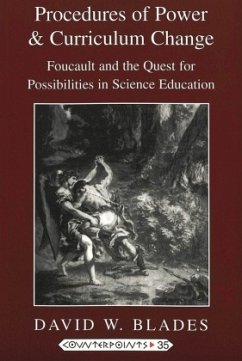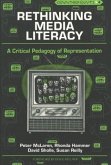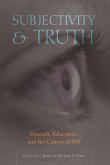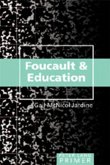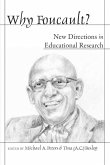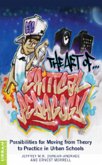Is curriculum change possible? Procedures of Power and Curriculum Change provides a provocative new response to this question. Through a case study of a recent major attempt to change high school science, this work reveals the continuing barrenness of modernistic explanations of curriculum change. Revisiting this case study in the light of Foucault's concept of power suggests that curriculum change is not an issue of correct technique but a journey of being. An imaginative weaving of narratives, metaphors and allegory invites readers to join this journey by entering into a postmodern conversation about the possibilities for curriculum change.
«David Blades, in 'Procedures of Power and Curriculum Change', has captured the complexity and ambiguity of curriculum decision making in senior school science in a fascinating and illuminative way.» (Peter Fensham, Monash University, Australia)
«David Blades has made a significant contribution to our understanding of the politics of curriculum change. Using Foucault's concept of power, he points out the way power circulated through an abortive effort to change a provincial secondary school science curriculum. Rather than despairing of possibilities for meaningful change, Dr. Blades employs an imaginative text to narrate new possibilities for teachers, students, and policy makers. This is groundbreaking work.» (Terry Carson, University of Alberta, Canada)
«David Blades has made a significant contribution to our understanding of the politics of curriculum change. Using Foucault's concept of power, he points out the way power circulated through an abortive effort to change a provincial secondary school science curriculum. Rather than despairing of possibilities for meaningful change, Dr. Blades employs an imaginative text to narrate new possibilities for teachers, students, and policy makers. This is groundbreaking work.» (Terry Carson, University of Alberta, Canada)

